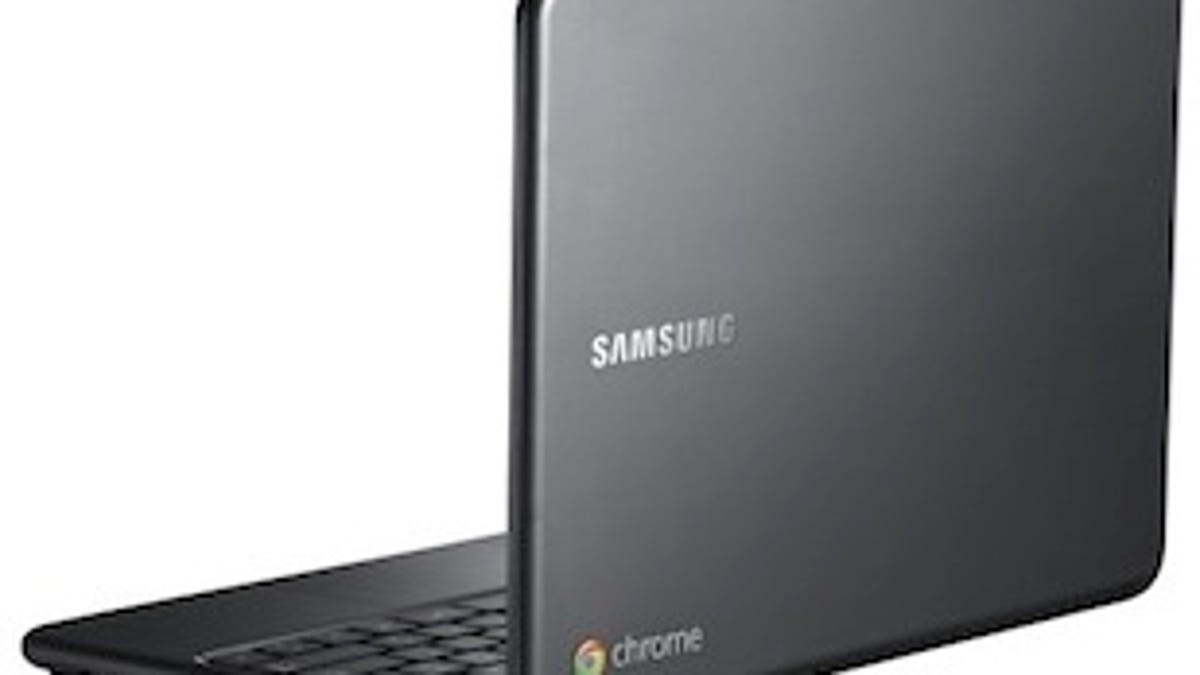Windows 8 to spawn new breed of low-cost laptops
Microsoft's new ARM-enabled operating system is expected to create a new kind of low-cost laptop based on ARM processors. Low-end Intel- and AMD-based laptops may see serious market erosion.

The pairing of Microsoft's upcoming Windows 8 with processors from companies like Qualcomm and Nvidia is expected to spawn a new kind of low-cost laptop, according to IHS-iSuppli, possibly threatening Intel's overwhelming dominance in laptops.
"After more than 30 years of domination by a single microarchitecture--Intel Corp.'s X86--the PC microprocessor...market finally is set for some real competition," Matthew Wilkins, an analyst at IHS-iSuppli, wrote in a research note today.
This will happen as shipments of ARM processors soar in the coming years, eventually shipping in about one out of every four laptops in 2015, according to Wilkins.
And those ARM processors won't be running in systems with Linux operating software or Google's Chrome OS necessarily. The lion's share will be inside Windows 8 laptops, according to Wilkins.
"Spurred by next year's introduction of [Microsoft's] new ARM-enabled Windows 8 operating system, ARM-based systems will account for 22.9 percent of global notebook PC unit shipments in 2015, up from 3 percent in 2012," Wilkins said. "Shipments will reach 74 million ARM notebooks in 2015, compared to 7.6 million in 2012."
They won't break the bank, either. Systems will be priced below $700--the same "value" segment today dominated by Intel's Celeron M and Atom processors as well as Advanced Micro Devices E-series chips, wrote Wilkins. And those laptops are typically well below $700, with many in the sub-$500 segment.
Windows-8-on-ARM will, of course, require PC vendors to break from Intel and AMD--at least at the low end of the market. But they already have to some extent with tablets. Hewlett-Packard's TouchPad runs its WebOS software on top of Qualcomm processors and Samsung's Galaxy Tab 10.1 and Acer's Iconia Tab 500, for example, run the Android OS using chips from Nvidia. It wouldn't be a leap of faith to envision PC vendors bringing out inexpensive laptops with ARM processors.
Intel, of course, is not standing still. It has a strategy for a MacBook Air-like laptop design called the Ultrabook that PC vendors are expected to adopt. By 2013, the Ultrabook is expected to be low-cost and run on Intel's first system-on-a-chip for mainstream laptops codenamed Haswell. And if the price-performance balance of power doesn't shift dramatically one way or another in the next few years, Intel will maintain the coveted performance advantage over ARM.

